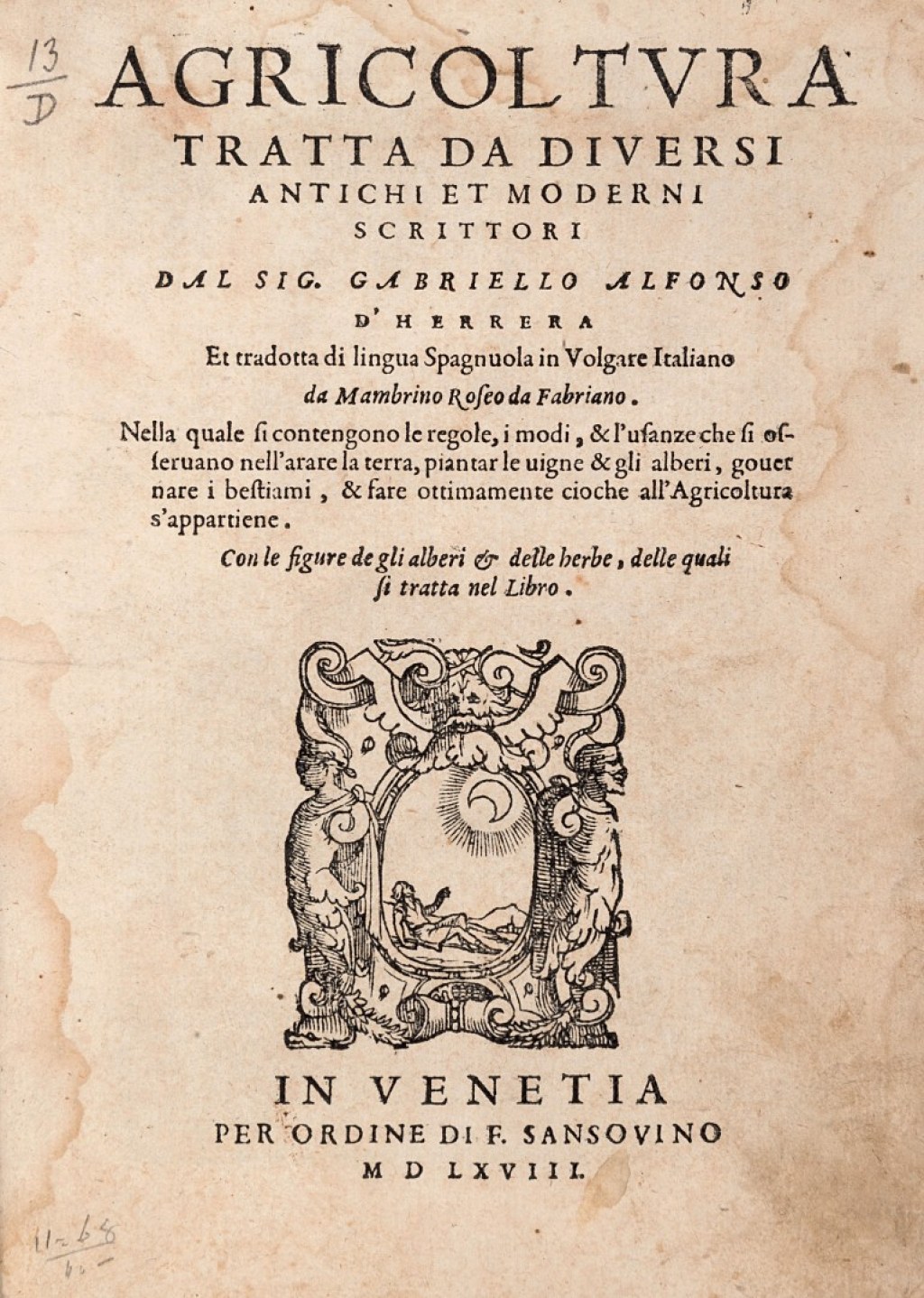Unveiling The Power Of Italian Civil Code Art 832: Simplified Guide With Actionable Insights!
Italian Civil Code Art 832: A Detailed Overview
Greetings, dear readers! Today, we will dive into the intricacies of the Italian Civil Code Art 832. This particular article holds immense importance in the Italian legal system and has a significant impact on various aspects of civil law. In this article, we will explore the key points, implications, and advantages and disadvantages of Italian Civil Code Art 832. So, let’s begin our journey into the world of Italian civil law!
Introduction
3 Picture Gallery: Unveiling The Power Of Italian Civil Code Art 832: Simplified Guide With Actionable Insights!



The Italian Civil Code Art 832 is a provision that deals with the concept of compensation for unjust enrichment in civil law. It aims to address situations where one party benefits unfairly at the expense of another party. This provision strives to restore the balance by ensuring the unjustly enriched party compensates the aggrieved party. The primary objective of this article is to promote fairness and equity in civil transactions.
Now, let’s delve into the details of Italian Civil Code Art 832, its implications, and its significance in the legal framework of Italy.
What is Italian Civil Code Art 832?

Image Source: squarespace-cdn.com
Italian Civil Code Art 832 outlines the legal principle of compensation for unjust enrichment. It establishes the right of the aggrieved party to claim compensation from the party who has been unjustly enriched. This provision applies in situations where there is an absence of a valid legal basis for the enrichment.
Emoji: 📋
Explanation:
Unjust enrichment refers to a situation where one party gains an advantage or benefit at the expense of another party without any legal justification. Italian Civil Code Art 832 provides a legal remedy to address such instances and restore fairness in civil transactions. It ensures that the aggrieved party receives compensation for the unjust enrichment suffered.
Who Does Italian Civil Code Art 832 Apply To?

Image Source: studylib.net
Italian Civil Code Art 832 applies to both individuals and legal entities who engage in civil transactions. It is relevant in various areas of civil law, including contracts, torts, and property rights. The provision applies to situations where there is an absence of a valid legal basis for the enrichment.
Emoji: 💼
Explanation:
The scope of Italian Civil Code Art 832 is broad, encompassing all individuals and legal entities involved in civil transactions. Whether it is a contractual dispute or a case involving a tort, this provision can be invoked to seek compensation for unjust enrichment. It ensures that fairness and equity are upheld in civil matters.
When Can Italian Civil Code Art 832 Be Applied?

Image Source: astebolaffi.it
Italian Civil Code Art 832 can be applied when there is an absence of a valid legal basis for the enrichment. It comes into play when one party benefits unfairly at the expense of another party. However, it is important to note that the application of this provision is subject to the specific circumstances of each case and the interpretation of the courts.
Emoji: 📅
Explanation:
The applicability of Italian Civil Code Art 832 depends on the absence of a valid legal basis for the enrichment. If one party gains an unfair advantage without any legal justification, this provision can be invoked to seek compensation. However, it is crucial to consider the specific circumstances and the interpretation of the courts in determining the application of this article.
Where Does Italian Civil Code Art 832 Hold Relevance?
Italian Civil Code Art 832 holds relevance in the entire legal framework of Italy. It applies to civil transactions occurring within the country’s jurisdiction. Whether it is a commercial contract, a property dispute, or a tortious act, this provision can be invoked to address unjust enrichment and seek compensation.
Emoji: 🌍
Explanation:
Italian Civil Code Art 832 holds relevance in all areas of civil law in Italy. It is applicable to various types of civil transactions, including commercial contracts, property disputes, and tortious acts. By providing a legal remedy for unjust enrichment, this provision ensures fairness and equity prevail in the Italian legal system.
Why is Italian Civil Code Art 832 Important?
Italian Civil Code Art 832 is important because it promotes fairness and equity in civil transactions. It ensures that parties are not unjustly enriched at the expense of others. By providing a legal remedy for unjust enrichment, this provision upholds the principles of justice and prevents the exploitation of individuals or entities.
Emoji: 💰
Explanation:
The significance of Italian Civil Code Art 832 lies in its ability to maintain fairness and equity in civil transactions. It prevents situations where one party benefits unfairly, without any legal justification. This provision acts as a deterrent against exploitation and upholds the fundamental principles of justice in civil law.
How Does Italian Civil Code Art 832 Work?
Italian Civil Code Art 832 works by establishing the right of the aggrieved party to claim compensation for unjust enrichment. The party who has been unjustly enriched is legally obliged to return the benefits received or provide compensation of equal value. The application and interpretation of this provision depend on the specific circumstances of each case and the decision of the courts.
Emoji: 📝
Explanation:
Italian Civil Code Art 832 operates by granting the aggrieved party the right to seek compensation for unjust enrichment. The party who has unfairly benefited is legally obligated to restore the balance by returning the benefits obtained or compensating the aggrieved party. The courts play a crucial role in interpreting and applying this provision, considering the unique circumstances of each case.
Advantages and Disadvantages of Italian Civil Code Art 832
Advantages:
Ensures fairness and equity in civil transactions.
Provides a legal remedy for cases of unjust enrichment.
Acts as a deterrent against exploitation and unfair practices.
Helps maintain the integrity of the Italian legal system.
Allows aggrieved parties to seek compensation for their losses.
Disadvantages:
The interpretation of the provision may vary, leading to inconsistent outcomes.
The burden of proof lies with the aggrieved party, which can be challenging to fulfill.
The compensation awarded may not always fully address the unjust enrichment suffered.
The legal process involved in claiming compensation can be time-consuming and costly.
The provision may not cover all forms of unjust enrichment, leading to potential gaps in its application.
Frequently Asked Questions (FAQs)
1. Can Italian Civil Code Art 832 be applied in contractual disputes?
Yes, Italian Civil Code Art 832 can be applied in contractual disputes where one party benefits unjustly at the expense of the other party without a valid legal basis for the enrichment.
2. Is compensation guaranteed under Italian Civil Code Art 832?
No, the granting of compensation under Italian Civil Code Art 832 depends on the specific circumstances of each case and the decision of the courts.
3. Are legal fees recoverable in claims made under Italian Civil Code Art 832?
The recoverability of legal fees in claims made under Italian Civil Code Art 832 may vary depending on the court’s decision and the applicable laws.
4. Does Italian Civil Code Art 832 cover property disputes?
Yes, Italian Civil Code Art 832 is applicable in property disputes where one party gains unjustly at the expense of another party without a valid legal basis for the enrichment.
5. Can Italian Civil Code Art 832 be invoked in cases of tortious acts?
Yes, Italian Civil Code Art 832 can be invoked in cases of tortious acts where one party benefits unfairly at the expense of another party without a valid legal basis for the enrichment.
Conclusion
In conclusion, Italian Civil Code Art 832 serves as a vital provision in the Italian legal framework. It promotes fairness, equity, and justice in civil transactions by addressing situations of unjust enrichment. This provision empowers aggrieved parties to seek compensation and acts as a deterrent against exploitation and unfair practices. However, it is essential to consider the specific circumstances of each case and the interpretation of the courts in applying Italian Civil Code Art 832. Let us strive for a legal system that upholds the principles of fairness and protects the rights of all parties involved.
Final Remarks
Disclaimer: The information provided in this article is for general informational purposes only and should not be construed as legal advice. For specific legal guidance regarding Italian Civil Code Art 832, please consult a qualified legal professional.
This post topic: Italian Art


